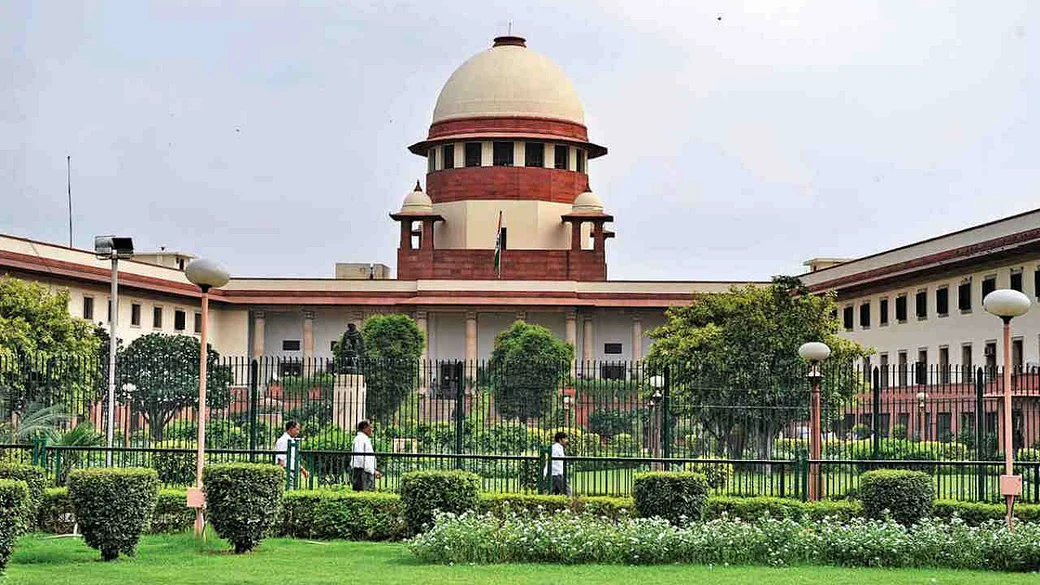Mitali Palnitkar
Published On: January 22, 2022 at 17:40 IST
On January 21, 2022, the Order of revenue levying demand of purchase tax and imposing penalty on Arcelor Mittal Nippon Steel India Limited for availing tax benefits without fulfilling the eligibility criteria of the Scheme for Special Incentives to Prestigious Units was reinstated by the Supreme Court. The scheme was announced by Gujarat Government in 1991.
The Bench comprised of Justices MR Shah and Sanjiv Khanna. The State of Gujarat (Appellant) was represented by Senior Advocate Maninder Singh while Essar Steel Ltd (Respondent) was represented by Senior Advocate Ritin Rai.
The Court held that tax exemption notifications shall be construed strictly and that the Doctrine of Promissory Estoppel was not available against taxing statutes.
The Bench observed that Essar Steel Ltd (presently, Arcelor Mittal Nippon Steel India Ltd) had transferred raw materials to Essar power Ltd after availing exemption under the scheme even when it was mentioned that power generating industries were excluded from it.
The Appellant argued that the notification issued in 1992 was the parent notification and the 2000 and 2002 Amendments were an expansion to the scope which did not take away rights conferred under parent notification. Also, the exemption was extended only to eligible units for using raw materials for manufacturing goods. Advocate Singh referred to several cases to support his contention.
The Respondent contended that the Amendments were not applicable to ESL as it had met the conditions prescribed in parent notification. Advocate Rai cited the Cases Hindustan Steel Ltd v State of Orissa(1969) and Excel Crop Care Limited v Competition Commission of India and Anr (2017) to support his contention. He argued that penalty was a result of quasi-criminal adjudication and that penalty was imposed without application of mind.
The Court stated, “The exemption notification should be strictly construed and given meaning according to legislative intendment. The Statutory provisions providing for exemption have to be interpreted in the light of the words employed in them and there cannot be any addition or subtraction from the statutory provisions.”
It further stated, “In taxing matters, the Doctrine of Promissory Estoppel as such is not applicable and the Revenue can take a position different from its earlier stand in a case with established distinguishing features.”
The Court after observing the facts held ESL liable for paying penalty.

